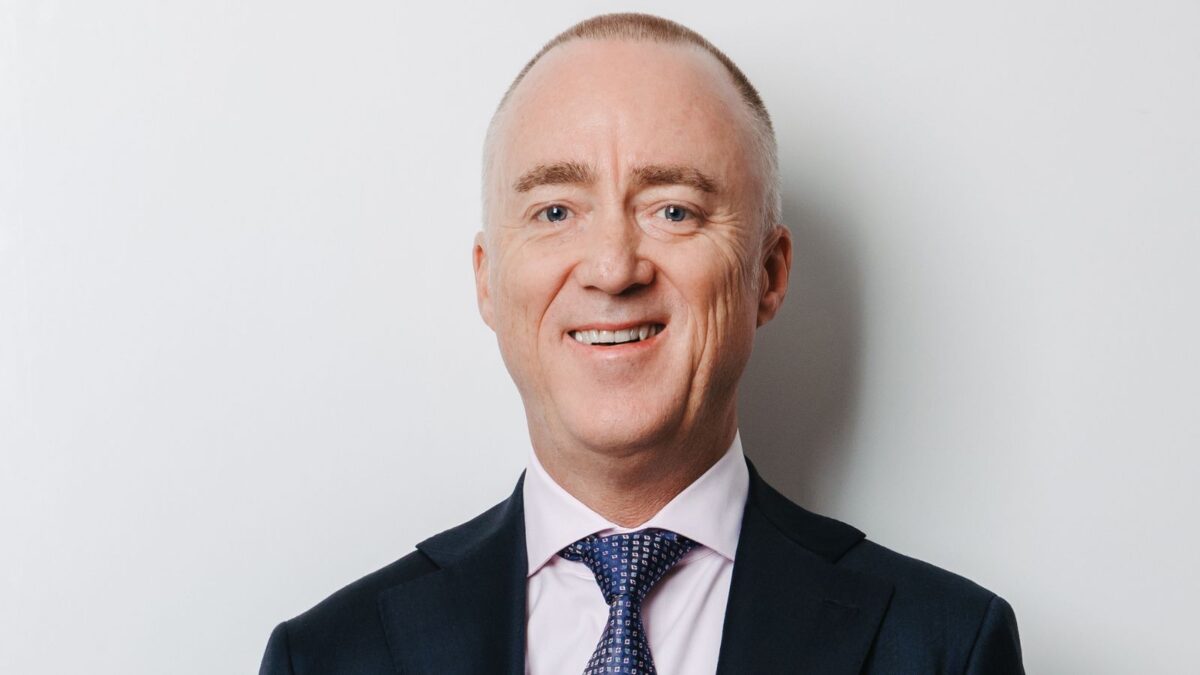Top 200 fail on sexual harassment
The Australian Council of Superannuation Investors has found that company boards are failing to address sexual harassment despite the issue surging in importance through 2020.
ACSI surveyed 118 S&P/ASX 200 companies and conducted in-depth interviews with representatives of 16 of them, finding “a range of maturity” across respondents in managing the material risk of sexual harassment, according to a report published last week (June 16).
But the majority of boards are reactive in their approach to dealing with sexual harassment in the workplace, with external events often prompting board discussions on the matter. Fewer than half (43 per cent) said that sexual harassment was a regular board agenda item.
“If there was any doubt, the last 12 months has reinforced that the conventional way of dealing with sexual harassment will no longer work,” said Kate Jenkins, sex discrimination commissioner, who conducted the research on behalf of ACSI.
“Workplace sexual harassment is a systemic and costly issue that is flourishing under the guise of confidentiality and secrecy. Workers, customers, investors, journalists and the community, especially women, have had enough,” she said.
About 64 per cent of respondents had developed a mechanism that identified and mitigated risk factors for sexual harassment, and while gender equality was a priority for 94 per cent of respondents, there is “inconsistency” in respect of information sharing on sexual harassment internally.
The report also found that “less than one third publicly reported information relevant to sexual harassment as recommended by the ASX Corporate Governance Principles and 14 per cent of respondents did not report externally at all.”
Louise Davidson, ACSI chief executive, said: “High-profile cases have brought into sharp focus the role of the board, highlighting issues with organisational culture, and raising questions as to whether boards are receiving the information needed to appropriately respond to sexual harassment,” said
“Corporate culture has a profound impact on a company’s performance, governance and reputation.
At the heart of many – if not all – of the high-profile governance failures over the past decade have been examples of poor company culture or subcultures.”
The research makes several recommendations, including demonstrating visible board leadership and oversight over culture, sexual harassment and gender equality; making gender equality a priority and setting diversity targets; and developing systems and frameworks to manage risks related to sexual harassment. ACSI launched the project to shed light on the “financially material risks” stemming from sexual harassment, which has the potential to impact productivity, profitability, culture, reputation, and the ability to attract and retain talent.
“Ensuring sexual harassment is eliminated is a job for everyone, yet for many companies it is unclear who is accountable. This lack of clarity exposes a significant risk factor for owners assessing a company’s approach to safety and culture,” Davidson said.
Concerns about sexual harassment and gender equality surged in importance through 2020, with the Boe Pahari scandal at AMP Capital serving as a wake-up call to companies that had ignored the material risks posed by sexual harassment to their organisations.
Influential consultant JANA warned that it would not recommend clients place their money with the asset management giant in the wake of its botched response to the scandal in August 2020, and several funds – including LGIAsuper, Legalsuper and Care Super – ultimately pulled their investments from AMP Capital’s ‘Ethical Leaders Balanced Fund’, with Care Super citing liquidity concerns. ACSI engaged heavily with AMP during the scandal and welcomed the removal of Pahari from his position as chief executive of the fund manager.
“Today’s announcements are an acknowledgement by the company that significant change needs to occur. This is an important step in addressing concerns raised by investors’ and resetting company culture,” Davidson said (August 24, 2020).










